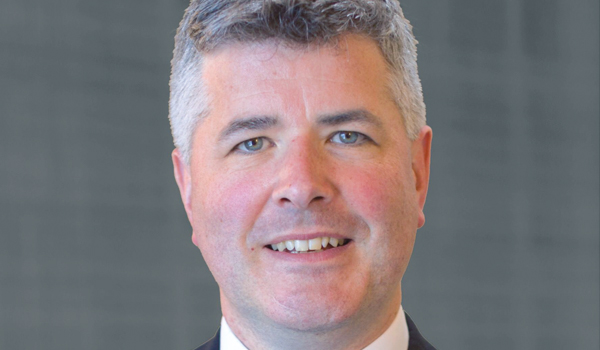Mental health absences soar at Police Scotland
The number of working days lost to mental illness within Police Scotland has increased by more than a fifth, new figures have revealed.
Officers and staff missed 76,848 days in 2021/22 as a result of “psychological disorders”, an increase of 22 per cent from 62,783 in a five-year period bringing the total number of mental health absences since 2017/18 to more than 350,000.
The official statistics are published today (June 7) in the latest issue of 1919 Magazine, Scotland’s justice and social affairs publication.
The Scottish Police Federation said the rise demonstrates that stress levels are now “critical” within the force. Police Scotland itself recognised it was a “big figure” and said the safety and wellbeing of officers and staff is a priority.
A number of anonymised police officer statements on mental health have also been published. One said: “Burn-out is a real risk. I find myself taking longer and longer to recover from incidents and my mood is often up and down.” Another stated: “Morale is beyond rock bottom. People are leaving in droves.”
One officer said the situation hadn’t improved in 10 years, while another added: “Response policing is the only branch that does not have the option of turning work down and is disproportionately affected by alterations to rest days and difficulty having time off approved.”
Scottish Police Federation chair David Hamilton said: “The problem is that the service’s response to wellbeing has been very reactive when what we need to do is to stop problems happening in the first place.
“We are constantly putting plasters on to stop bleeding when we need to prevent the bleeding from starting in the first place. The challenge highlighted in our evidence and in the surveys that we and Police Scotland have carried out is that people are burning out because they are so busy with work—not least dealing with mental health calls—that they are not getting a chance to get away from it.
“It is constant, and they are getting to the critical stress level at which people burn out. That is what all the data tells us: police officers are burning hot just now and are beginning to fail. Whatever we do in response, we need to stop that sort of thing happening in the first place and before it needs to be fixed.”
Deputy Chief Constable Fiona Taylor told 1919 Magazine: “Policing is a relentless but rewarding vocation which places significant demand on physical, emotional and mental wellbeing.
“Our people are highly motivated by public service and they work tirelessly to improve the lives of people and communities in Scotland every day, against backdrop of increasing demand.
“The safety and wellbeing of officers and staff – and their families – is a priority for Police Scotland and we have a range of mechanisms to support our people across their psychological, physical, financial and social wellbeing.”







